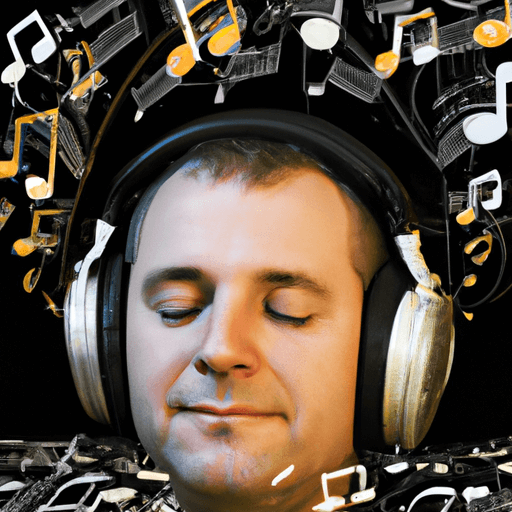The Power of Music & Mental Health
Music has long been used as a form of therapy, and its ability to improve mental health is widely accepted. Whether it’s used to reduce stress or enhance mood, music has a powerful effect on our emotional and cognitive well-being. Here, we’ll explore the various ways in which music can promote better mental health, as well as the potential challenges and limitations associated with therapeutic music. We’ll also consider the implications of music on different mental health conditions and how it can be used to help those in need.
Personal Anecdotes
When it comes to the power of music, personal anecdotes abound. Many people find that listening to their favorite tunes helps to reduce stress and improve their mood. Others use music as an outlet for their emotions, such as when they’re feeling sad or angry. In some cases, people even use music to help them focus and stay motivated. Of course, these are just a few of the many ways in which music can be used to promote mental health.
Scientific Research
This anecdotal evidence is backed up by scientific research. Studies have shown that music can help reduce stress levels, improve memory and focus, and even reduce symptoms of depression and anxiety. Music has also been found to be beneficial for people with dementia and Alzheimer’s, as it can help to improve cognitive functioning and bring about positive emotional states. Additionally, music therapy has been used to help people who suffer from post-traumatic stress disorder by helping them to process and cope with their traumatic experiences.
Potential Challenges & Limitations
Although music can have a positive effect on mental health, there are some potential challenges and limitations to consider. For instance, some people may find that certain types of music can be triggering or may even worsen their symptoms. Additionally, some people may not respond to music therapy in the same way as others, and it may not be effective for everyone. Additionally, it’s important to remember that music should not be used as a substitute for professional help.
Conclusion
Music has the power to positively influence mental health in a variety of ways. From reducing stress to enhancing mood, music can be used as a form of therapy to improve mental well-being. However, there are also potential challenges and limitations to consider, and music should not be used as a substitute for professional help. Ultimately, music can be a powerful tool for those in need, and its potential should not be overlooked.




















Comments
Leave a Comment